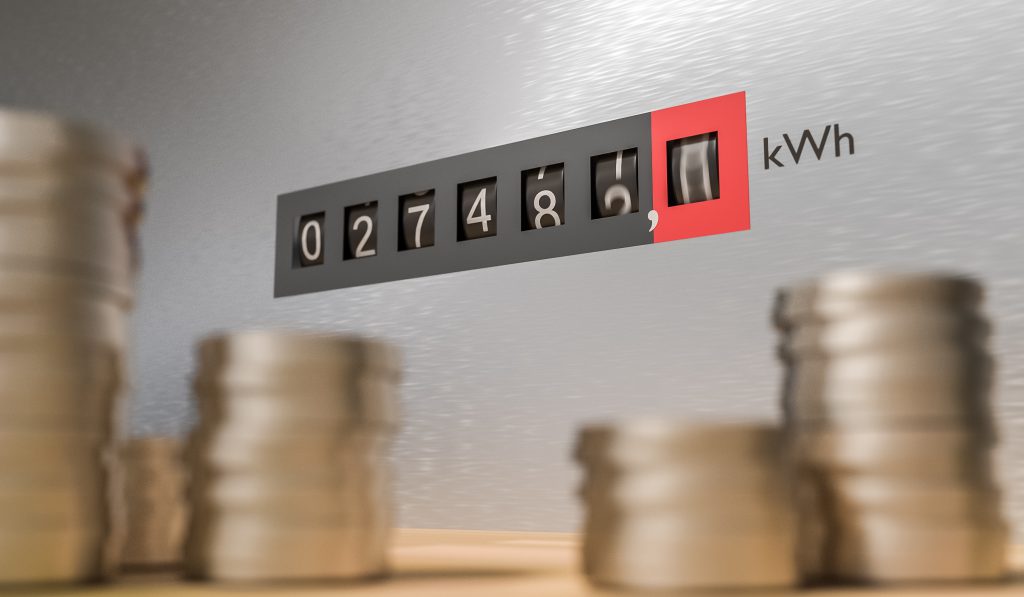Can we have the real bill please?

News that the methodology being used by State utilities company Arms is costing account holders an extra €6.5 million per year has left households fuming. The conclusion is based on an investigation made by the National Audit Office into the system being adopted to charge consumers for water and electricity consumption. It follows claims being made by the Nationalist Party which has been crying foul on the billing system and is pledging to make amends if elected to government. However, the NAO’s findings are much more significant. The alarm bells now are not being sounded by a political party which one could argue has every interest to make an electoral stunt and blow the issue out of proportion for partisan gain.
In this respect the NAO made a comparison between the existing model whereby bills are issued on a monthly or bi-monthly pro-rata basis, and a different model whereby there is a single bill at the end of the year.
It transpires that in 32 of the 85 electricity accounts analysed by the NAO, consumers are being overcharged between €10.74 and €468.90 which translates to €4.6 million per year when applied to all existing households of the Maltese Islands. The same approach was adopted on the water consumption and unfortunately for consumers 14 out of the 78 accounts reviews were negatively impacted by the existing billing system. The difference range between €10.12 and €104.79 which translates to €1.9 million annually when applied to all existing account holders. In total the billing system being adopted by Arms Limited, is resulting in consumers being overcharged to the tune of €6.5 million annually which equates to around €22 for each and every household on the Maltese Islands.
Despite the solid evidence that something is wrong in the billing system, the government keeps staring at the problem while consumers are being overcharged. Such situation is tantamount to a restaurant owner who is fully aware that the cash register is malfunctioning, but does nothing to rectify the situation except promising clients that the situation is being looked into. In this case, the analogy is even more serious as households have no choice unless they want to live in pitch darkness and in filthy conditions. Hence, to continue with this analogy there is a monopoly and customers are being overcharged as they have Hobson’s choice.
To add insult to injury in recent months there have been reports that bills have soared without any justification at all, with government blaming heat waves for excessive consumption. This is also resulting in account holders paying double the amount and losing the eco-contribution. What is even more worrying is that these price hikes are being reported by account holders who are very energy-conscious. It is unconceivable how a family of four who made no changes in their lifestyle all of a sudden received a €400 bill for four months when in the corresponding period of the previous year they were charged half this amount. Moreover, questions are being raised on the transparency of the billing system. Why are consumers not being alerted if for some reason their levels of consumption have spiked? Why are households not being warned that they might lose their eco-contribution if existing patterns are sustained? Why is it that some households all of a sudden stopped receiving bills only to discover that are being charged interest for late payments? And why are certain account holders receiving bills going back a decade on grounds that a mistake had been made back then? Given that this government was elected with the promise of reducing utility tariffs, the last thing citizens expect is to be overcharged.
All this is happening amid concerns by the NAO over an increase in operational costs of Arms whose workforce has almost trebled in less than a decade from 135 in 2012 to 296 in 2020. These include the recruitment of meter readers even though their role had supposedly become obsolete with the introduction of smart metres. Other notable overheads in electricity generation are related to the controversial decision to keep buying electricity from Electrogas even when it is much cheaper to do so from the interconnector and the price being paid for the LNG which in 2017 alone was €40 million costlier than the price on the market.
In this scenario, it is no surprise many are saying there is more than meets the eye behind the increase in utility bills. Can we have the real bill please with no strings attached?
